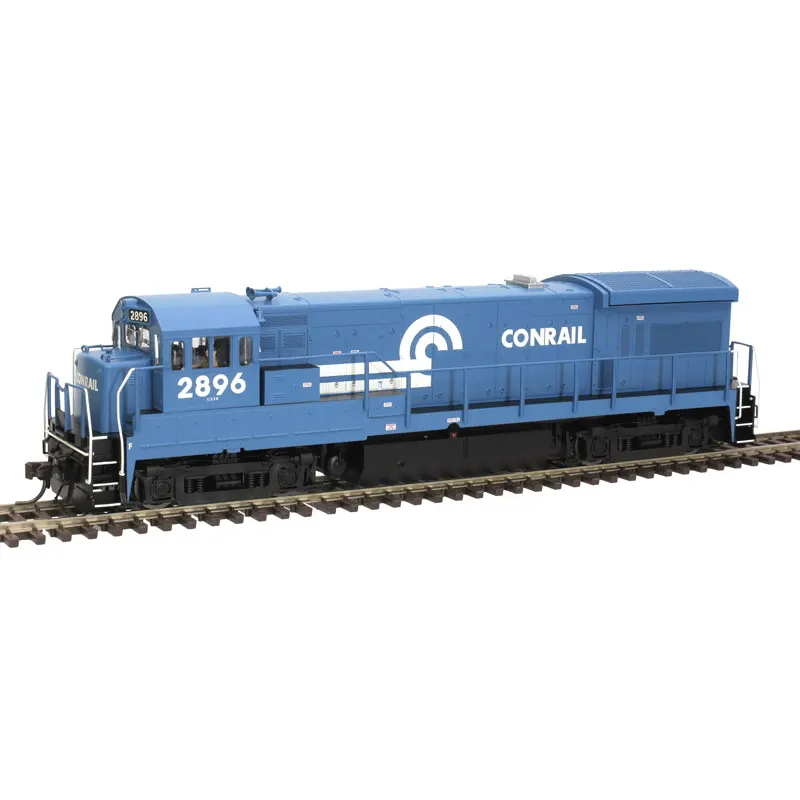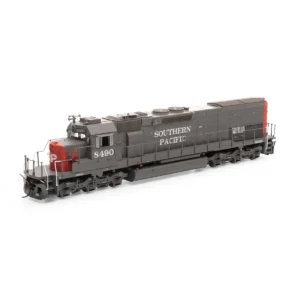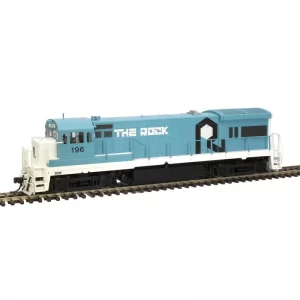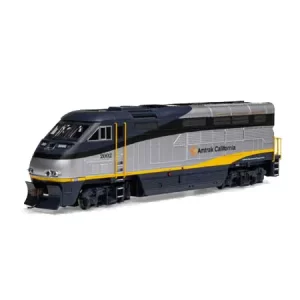Description
Railroad Short Name: CR
The horsepower race was in full swing by the late 1960s when GE introduced the 3,300hp, four-axle U33B locomotive. 137 units were produced between September 1967 and August 1970 when production ended. GE upped the horsepower ante in 1970 with the introduction of the 3,600hp U36B which was produced between May 1970 and December 1974. Both models were externally identical, and internally they were both powered by the same GE FDL-16 cylinder four-stroke engine. The horsepower increase was achieved through adjustments to the fuel rack settings and other internal component changes. One key spotting feature of both models was the built-out radiator “wings” on the long hood.
Locomotive Features
- Newly Upgraded Cab
- Flush-mounted radiator screens and air intake screens on the long hood – early phase
- Built-out area on the top of the front and rear pilots – early phase.
- Corrugated radiator and air intake screens, with a flat pilot face – late phase
- Optional separate electrical equipment box will be included on the left side walkway behind the cab
per the prototype - AAR-B or Blomberg trucks will be used when appropriate
- Separately-applied scale detail parts include: windshield wipers, metal grab irons, coupler cut levers, multiple-unit hoses, train line hoses, fine scale handrails, drop steps and more!
- Five pole skewed armature motor with dual flywheels for optimum performance at all speeds
- Directional lighting with Golden-white LEDs
- Blackened metal wheels
Sound Features:
- Supports all DCC-programming modes
- Flexible mapping of function keys F0 to F28.
- A total of six DCC function outputs are available
- Follows all NMRA DCC standards and recommended practices.
- Over 20 sound effects are available, including engine start-up and shutdown, prime mover sounds through all eight notches, bell, air horn, air compressor, dynamic brakes and more.
- There are 16 user-selectable horns, 2 user-selectable bells, and 2 user-selectable synchronized brake squeals.
- Manual and Automatic Notching modes with the ability to change modes ”on the fly” are provided for true realism.






Reviews
There are no reviews yet.